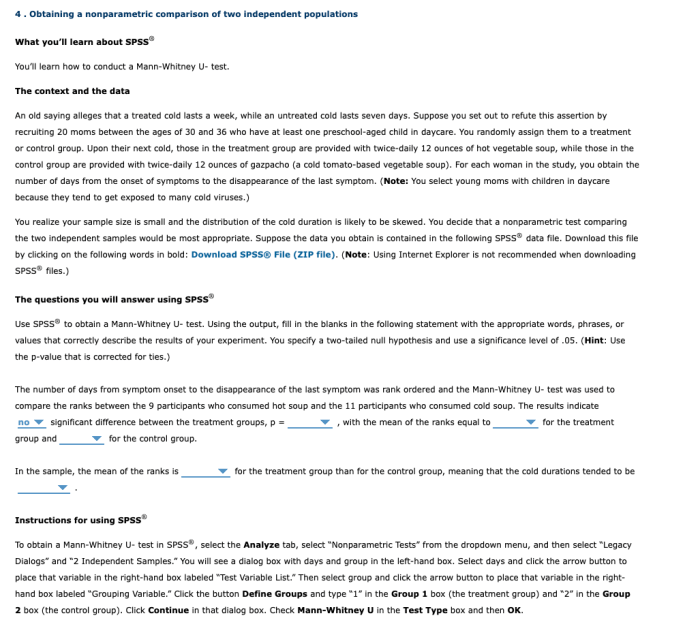A researcher conducts a focus group to learn about attitudes, opening a window into the minds of individuals to uncover their beliefs, opinions, and behaviors. Focus groups provide invaluable insights into the complexities of human perception, allowing researchers to delve into the nuances of attitudes and their impact on decision-making.
This in-depth exploration of focus groups will illuminate their purpose, methodology, and significance in understanding attitudes. We will examine the selection of participants, the art of moderation, and the techniques employed to analyze the wealth of data gathered. The findings of focus groups will be presented, showcasing their implications for comprehending the intricate tapestry of human attitudes.
Introduction
Focus groups are a valuable tool for researchers who want to learn about the attitudes of a particular group of people. They provide a way to gather in-depth information about people’s thoughts and feelings on a particular topic, and can be used to explore a wide range of issues, from consumer behavior to political opinions.
Participants

The target audience for a focus group should be carefully selected to ensure that the participants are representative of the population that the researcher is interested in studying. The criteria for selecting participants will vary depending on the purpose of the study, but some common factors include age, gender, ethnicity, and socioeconomic status.
Procedure

Focus groups are typically conducted in a group setting, with a moderator leading the discussion. The moderator’s role is to facilitate the discussion and ensure that all participants have an opportunity to share their thoughts and feelings. The moderator will typically use a series of open-ended questions to guide the discussion, and may also use probes to encourage participants to elaborate on their responses.
Data Analysis
The data from a focus group can be analyzed in a variety of ways. One common approach is to use a thematic analysis, which involves identifying the key themes that emerge from the discussion. The data can also be coded and categorized, which can help to identify patterns and trends.
Software programs can be used to assist with the data analysis process.
Findings: A Researcher Conducts A Focus Group To Learn About Attitudes

The findings from a focus group can provide valuable insights into the attitudes of a particular group of people. The findings can be used to inform policy decisions, develop marketing campaigns, or simply to better understand the perspectives of others.
Recommendations

Focus groups can be a valuable tool for researchers who want to learn about the attitudes of a particular group of people. They can provide in-depth information about people’s thoughts and feelings, and can be used to explore a wide range of issues.
However, it is important to carefully design and conduct focus groups in order to ensure that the findings are valid and reliable.
FAQ Section
What is the purpose of a focus group?
Focus groups are designed to gather in-depth qualitative data about attitudes, beliefs, and behaviors through guided discussions among a small group of individuals.
How are participants selected for a focus group?
Participants are typically selected based on specific criteria related to the research question, such as age, gender, occupation, or experience with a particular topic.
What is the role of the moderator in a focus group?
The moderator facilitates the discussion, ensures that all participants have an opportunity to share their perspectives, and keeps the conversation focused on the research objectives.
How is data from a focus group analyzed?
Data from focus groups is typically analyzed using qualitative methods, such as thematic analysis or grounded theory, to identify patterns, themes, and insights.